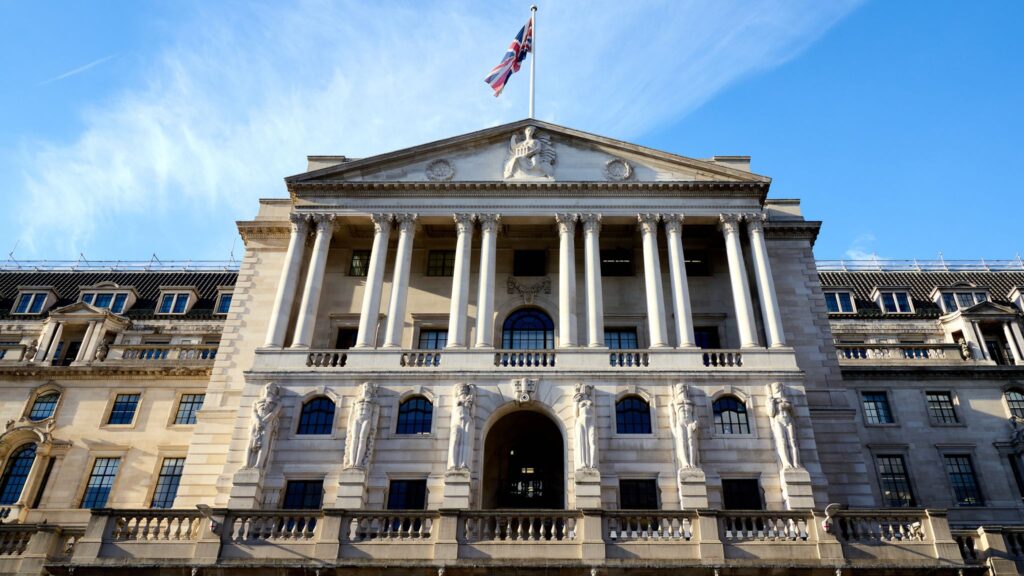Inflation in Britain eased less than anticipated, with a core measure of prices barely declining.
This prompted investors to withdraw bets on a Bank of England (BoE) rate cut next month, which could have benefited Prime Minister Rishi Sunak before an election.
The consumer price index (CPI) rose by 2.3% in the 12 months to April, down from March’s 3.2% increase and the lowest since July 2021, according to the Office for National Statistics.
However, the BoE and Reuters-polled economists had forecast a larger drop to 2.1%, just above the central bank’s 2% target, following a significant cut to household energy tariffs in April.
Services inflation, a key domestic price pressure gauge for the BoE and other European countries, was higher than expected, and petrol prices increased.
Consequently, Sterling surged, and investors reduced the likelihood of a BoE rate cut in June to 18%, down from 50% on Tuesday.
“This is only one month’s data, but it is enough of a surprise to suggest that the inflation process is not tracking as the BoE had expected,” said Allan Monks, chief UK economist at JP Morgan.
“There is still another labour market and CPI report to come before the June meeting, but it is difficult for us to see what that could realistically do to leave most members feeling confident about cutting in June specifically.”
Services inflation edged down to 5.9% from 6.0% in March, but the BoE and Reuters poll had projected a reading of 5.5%.
Analysts at RBC Capital noted that the services inflation overshoot did not appear driven by one-off factors, indicating persistent price stickiness.
“Certainly this morning takes June off the table,” said Cathal Kennedy, senior UK economist at RBC Capital Markets.
Core inflation, which includes goods but excludes energy, food, and tobacco, showed persistent price pressures, with the annual rate falling only to 3.9% from 4.2% in March.
The Reuters poll had forecast 3.6%.
Sunak, striving to regain voter support for his Conservative Party ahead of national elections, highlighted the fall in headline inflation.
“Today marks a major moment for the economy, with inflation back to normal,” he stated.
However, the opposition Labour Party emphasized ongoing financial pressures on voters.
“Prices in the shops have soared, mortgage bills have risen, and taxes are at a 70-year high,” said Labour’s finance spokeswoman Rachel Reeves.
Wednesday’s data shows Britain has a lower inflation rate than the US, Canada, France, and Germany, though it ranks poorly among Western European countries since 2020, with consumer prices up over 22%.
The BoE forecasts CPI to rise again later this year, ending 2024 around 2.6%.
Recent labor market data showed minimal easing in private sector wage growth, maintaining BoE concerns about inflationary pressures.
Separate ONS data revealed higher-than-expected public borrowing in April, challenging Sunak and finance minister Jeremy Hunt’s ability to deliver pre-election tax cuts.
